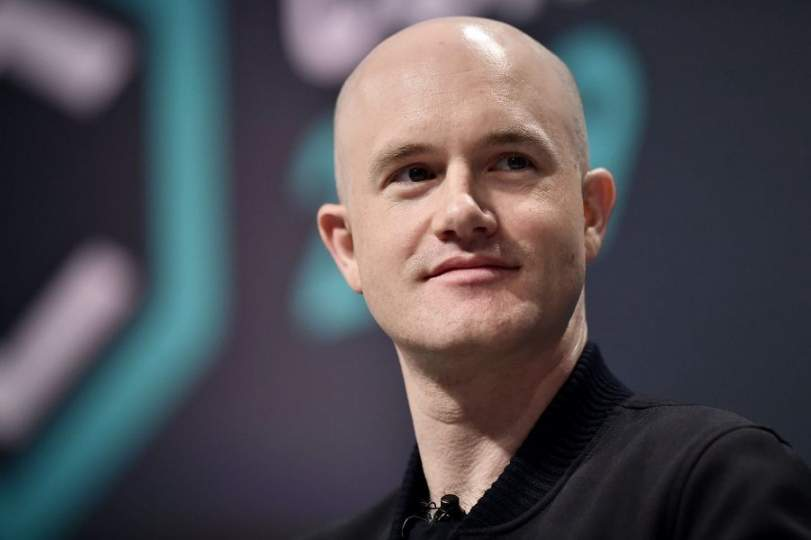Article Reading Time:
2 minutes.

The CEO of the Coinbase exchange, faced with losses and persecution by the authorities, is changing its profit model in favor of products resistant to market changes.
Brian Armstrong in an interviewsaid its trading platform, hit by a bearish trend in the cryptocurrency market, is cutting costs and changing its profit model. The CEO clarified that Coinbase intends to eliminate trading fees as the main source of income, since they only generate income during a bullish trend. Against the backdrop of bearish sentiment, the money flow in this direction is drying up:
“Today we invest a lot in income fromsubscriptions and services. We recognize that merchant fees will still be the majority of our business ten years from now, even twenty years from now, but I would like to see more than 50% of our revenue coming from paid subscriptions and services.”
Armstrong added that currently 18%Coinbase's revenue comes from subscription services, particularly its staking service. As Coinbase moves away from trading fee income, Armstrong believes the company needs to move away from its US focus:
“Looking back, we see that perhaps there was too much emphasis on the US. This may be the most serious mistake made in the last couple of years. We intend to change the policy."
Armstrong said that founded in 2012Coinbase has already gone through four bearish cycles. So he's not particularly concerned that the exchange laid off 18% of its staff at the start of the year and will be cutting costs to offset losses expected over the next 12 to 18 months or longer. The CEO cannot yet say that further layoffs will not follow:
"Never say never. Although the initial round of layoffs was intended to be a one-time event.”
Last week, the head of the Coinbase exchange said that the site would stop participating in ETH staking if US regulators demanded censorship of transactions.



